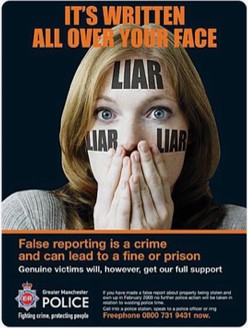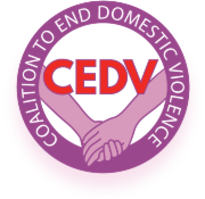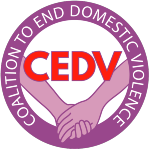STOP FALSE ALLEGATIONS
Johnny Depp (above left) was falsely accused of domestic violence by Amber Heard in a 2018 Washington Post editorial. As a result, Depp was forced to resign from his high-profile acting roles. After Depp filed a defamation lawsuit, a jury reached a unanimous decision in 2022, and Heard was forced to pay Depp $1 million for her false accusations.
A false allegation is an accusation that is made in bad faith with the intention of harming the accused person. False allegations are a severe form of domestic abuse that can harm a person’s mental health, damage one’s social standing and career, and even lead to a wrongful conviction. An Ipsos poll conducted in 30 countries found that 55% of persons believe that women who are say they are abused often make up or exaggerate claims of abuse.
Indeed, some feminists openly endorse the use of false allegations. Teen Vogue columnist Emily Lindin once announced, “If some innocent men’s reputations have to take a hit in the process of undoing the patriarchy, that is a price I am absolutely willing to pay.” Of course, the person who pays the price is the person who was wrongfully accused.
To curb the growth of false allegations, lawmakers need to make these changes:
- Renounce the so-called “believe the victim” and “trauma-informed” investigations, which bias the investigation and remove the presumption of innocence.
- Require hard evidence, not a mere accusation, as proof of abuse.
- Increase penalties for false accusers. Examples from the United States:
- Alabama: HB 52
- Iowa: HF 821
- New York: “Anti-Karen” law SB 8492
- California State University: Article VI, Notice of Allegations,
Proclamations:
-
- Proclamation by Connecticut Governor Lamont
International Falsely Accused Day
Falsely Accused Day was first observed in 2020 in the United Kingdom. The September 9th date was selected to honor Simon Warr on what would have been his birthday. Warr had been falsely accused of child abuse. The accusation is believed to have contributed to his demise.
In subsequent years, Falsely Accused Day became an international event:
- 2025 Observances:
- 2024 Observances
- 2023 Observances
- 2022 Observances
For more information, visit the website of International Falsely Accused Day.
Surveys of False Allegations
DAVIA has conducted two international surveys of false allegations. The surveys sought to ascertain what percentage of the adult population reports being falsely accused of abuse (domestic violence, sexual assault, child abuse, or other form of abuse) in their lifetimes:
- 2025:
- Press Release: False Allegations Target Millions Around the World, Survey Reveals
- Argentina: 11% (3.4 million persons):

- Men: 16%; Women: 7%
- Australia: 13% (3.5 million persons):
- Men: 18%; Women: 9%
- United Kingdom: 4% (2.1 million persons):
- Men: 6%; Women: 2%
- United States: 8% (20.6 million persons)
- Men: 11%; Women: 6%
- Argentina: 11% (3.4 million persons):
- Press Release: False Allegations Target Millions Around the World, Survey Reveals
- 2023:
Books and Reports
- Investigative and Forensic Issues in Fraudulent Reports of Crime
- Documentary: Bonfire of Agreed Terms – False Allegations in the #metoo Era
- Reports:


